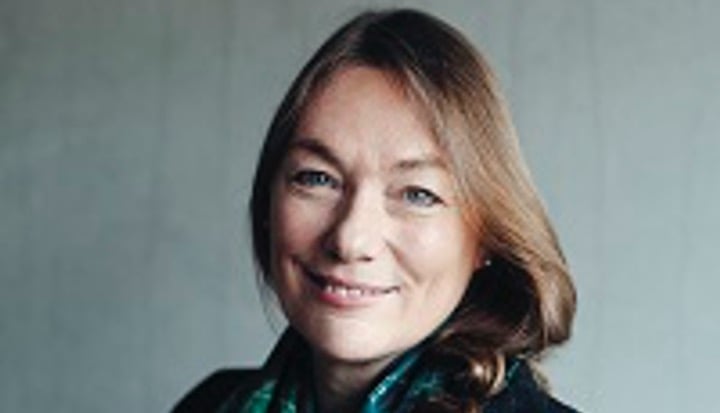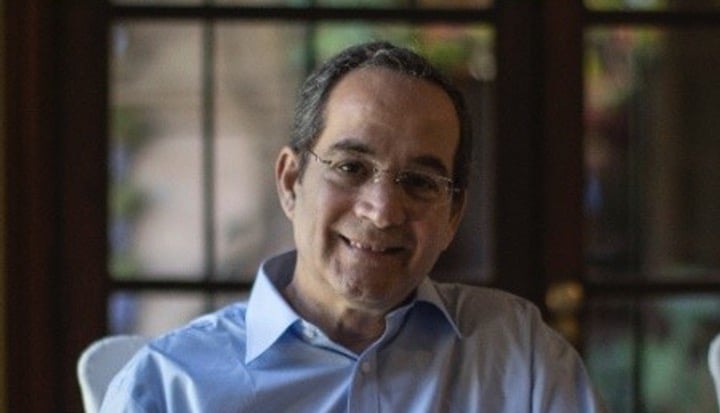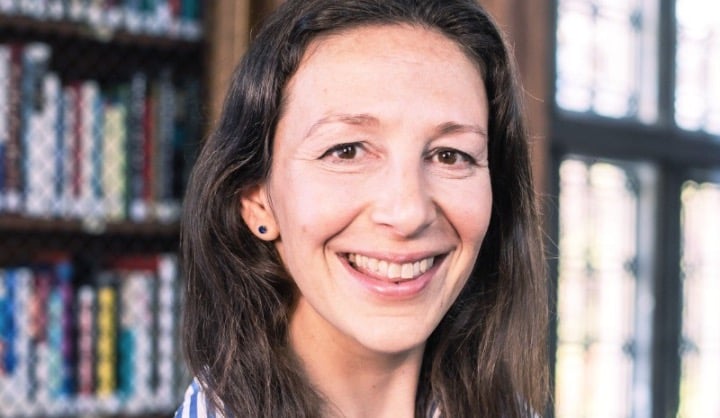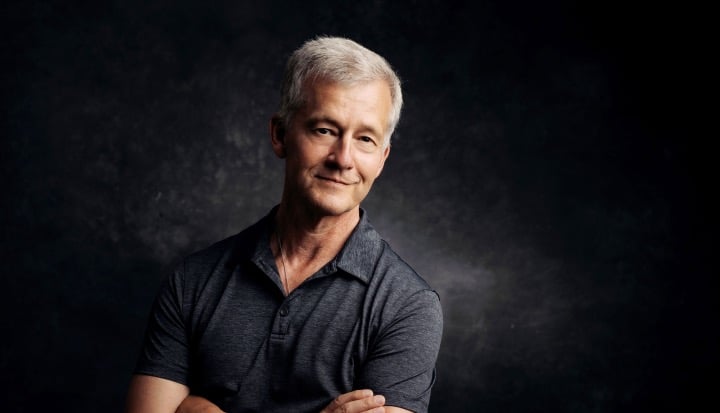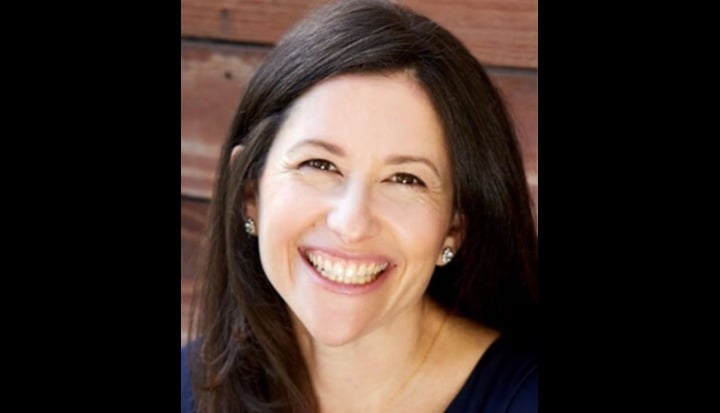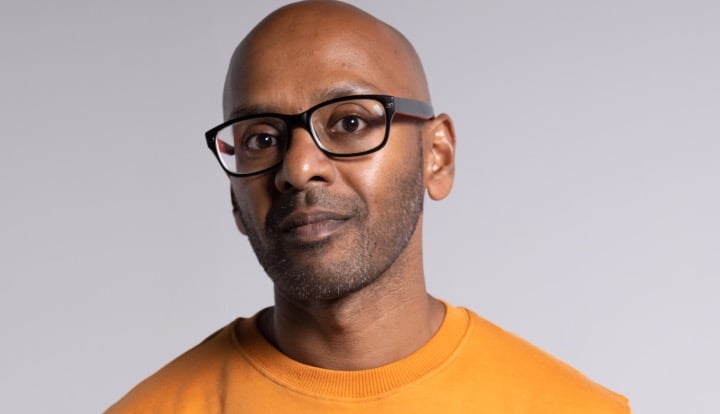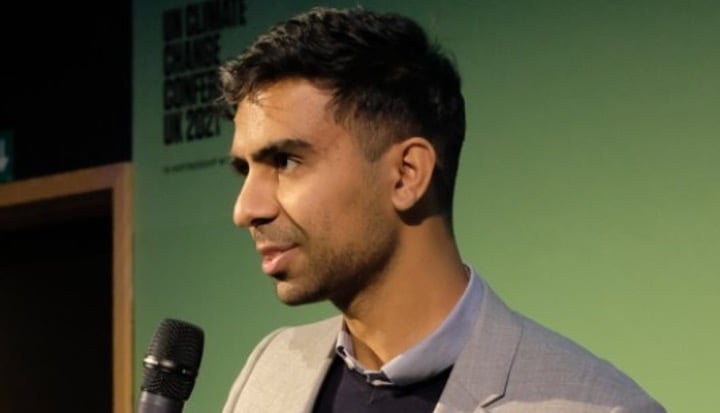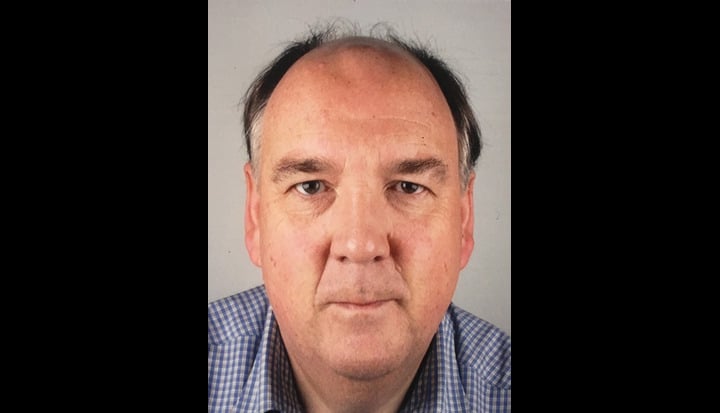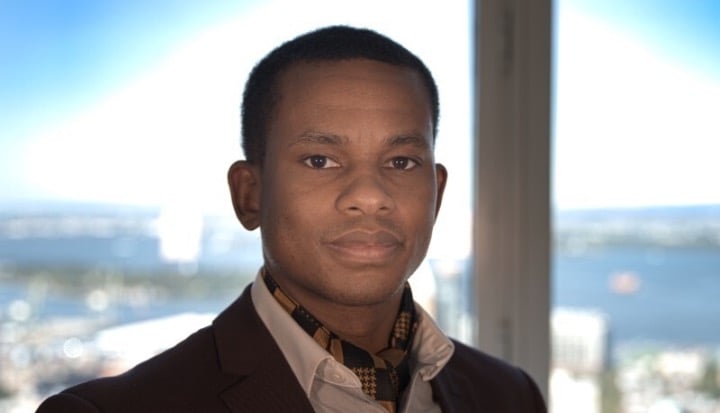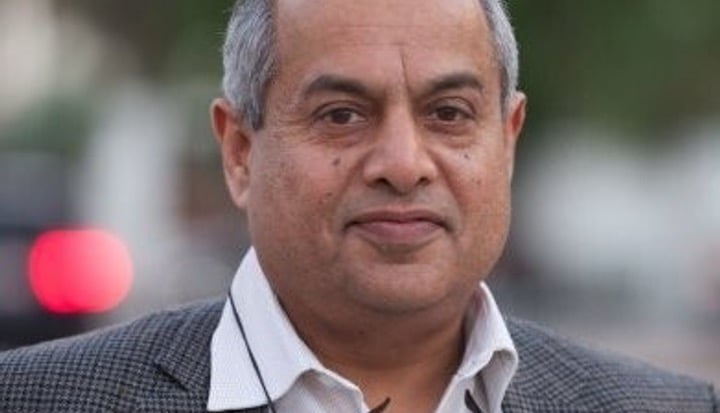BFP: What do you do?
KB: At a high level, as a “connector,” my role is to see the big picture, scope a strategy and turn that into action. I identify challenges to be resolved, and what human, financial, and technical resources are needed to achieve the goal. In addition to gathering and organizing all elements of the big picture, I also help make sure the right people are working together effectively.
More specifically, I currently work as an independent consultant to start-ups, nonprofits, and technology companies on a variety of things. I do everything except write software – I do business development, marketing/communications, recruiting, project management, event planning, fundraising and pitch decks/proposal writing.
BFP: What is the best part about your job/ project?
KB:The best part of being an independent consultant is having a variety of projects to work on, doing work that is interesting and meaningful.
For example, one company I work with is the software and product development firm Cloud City Development. They are a team of people who want to make a difference with their work, not only to generate revenue and jobs, but also to make an impact in several sectors: health/wellness, education, environmental sustainability, and a few others. They sought my help because I have a lot of connections in the social impact space, where Cloud City Development wants to find new projects.
Working with people who share common values is really rewarding. It’s inspiring to be around senior software developers who spend some of their free time mentoring junior developers from different backgrounds or contributing to open source projects to help the community. It’s also wonderful to get paid to do work that I enjoy – networking to connect people and writing blog pieces on the value of diversity in deal flow, for example.
BFP: What have been your greatest challenges?
KB: Patience. Developing strong relationships takes time. Sometimes people are like rubber bands – you have to let them stretch away from you before they come back. One of my biggest challenges is acknowledging and letting go of expectations where I want everything to happen faster than it does. As an independent consultant, you need to strike a balance between trying to be helpful to everyone you meet and doing some initial work for free – since you never know where your next contract might come from – and prioritizing work that pays.
BFP: How have you overcome these challenges? / What advice would you give to others?
KB: I think what makes a good “connector” is someone who cares about helping people get where they want to go. If you can understand and empathize with someone else’s problems, as this article notes, you won’t just be good at networking or sales – you’ll do better in business and in life.
I think the secret to my success is having a strong sense of direction about what I want to do with my life, and being able to combine analytical and intuitive approaches to making decisions. If you can articulate your core values, understand your top 5 strengths and translate your values, strengths, and skills to the workplace, you’ll do well. The ReWork Career Blueprint course is a great place to start figuring out how to identify and then align your values, strengths, and skills in your career.
BFP: If someone wants to do what you do, where should they start?
KB: For being a “connector,” I recommend the book A Whole New Mind by psychologist Daniel Pink, and Seth Godin’s blog. Both Daniel Pink and Seth Godin write a lot about how to create lasting business results by holistic personal & professional development, and seeing and acting on opportunities that others overlook.
If you want to be a successful freelancer, you have to be really good at understanding your clients’ challenges and be an active listener. But you also have to be persistent and assertive enough to know when to listen, and when to pitch and follow up with a proposal. I’ve published 5 pages of my best networking advice here. It’s about how to network to find a job, but it’s also applicable to networking and doing better business in general.
Being an independent consultant can be stressful because you don’t always know where your next rent check is coming from, so you need to know yourself really, really well. Learning to meditate is great for managing the inevitable stress and anxiety that freelancing will throw at you. Jon Kabat-Zinn has done a lot of scientific research on the health benefits of “mindfulness-based stress reduction.” I personally like the Shambhala Meditation Center programs, which range from a once a week discussion group to week-long or month-long retreats.
BFP: Finally; what do you hope to get out of being part of the BFP community?
KB: Meeting like-minded people who also want to make a difference in the world and have an impactful career.
Editor’s Note:
Thank you to Katharine Bierce for taking the time to do this interview.
We’re always looking out for members to feature. Help us by taking two-minutes to update your profile, or by nominating someone for Business Fights Poverty Member of the Week.
Read previous Member of the Week interviews here.

